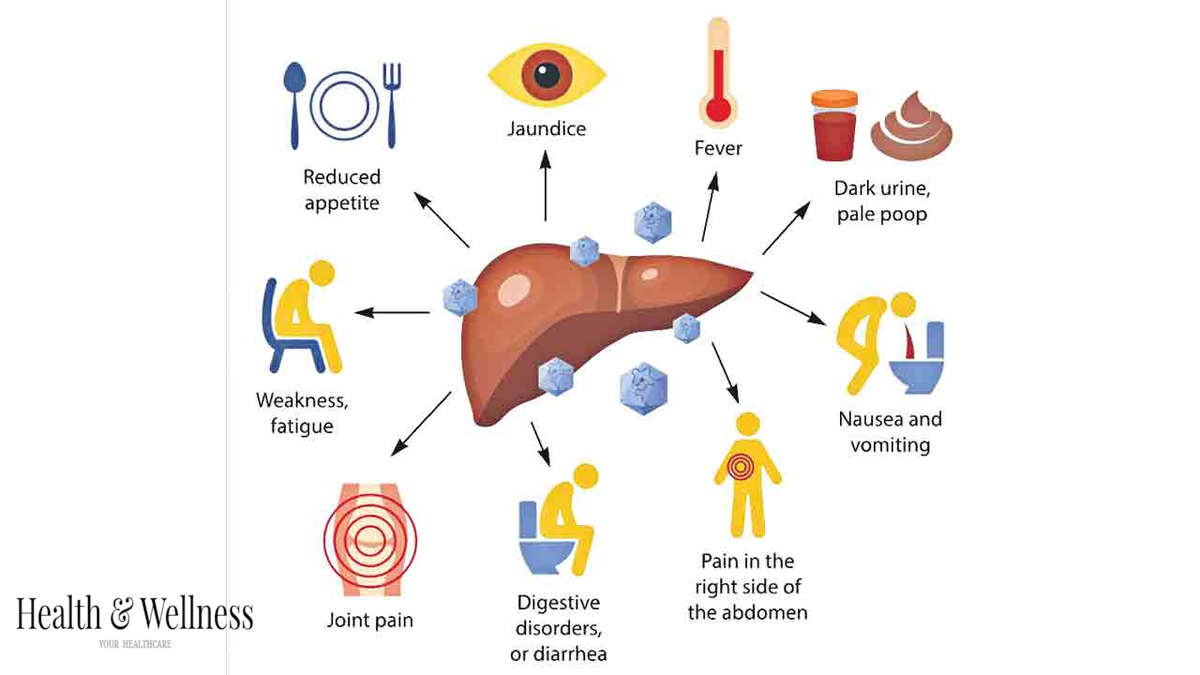After Stopping Antidepressants, 1 In 6 People Have Withdrawal Symptoms.

Depending on the medication kind, there may be an increased risk, and severe withdrawal symptoms may occur in a small number of individuals.
Important Lessons Learned
-} Withdrawal symptoms are common in people who stop using antidepressants, according to a meta-analysis of over 80 research.
-} Certain symptoms, such as “brain zaps,” can be quite upsetting.
-} When stopping antidepressants, patients should speak with their doctor to reduce the possibility of experiencing withdrawal symptoms.
According to a recent study, approximately 15% of people who stop taking antidepressants can experience withdrawal symptoms, which can include headaches, nausea, agitation, dizziness, and even what are frequently referred to as “brain zaps”—electric shock-like feelings.
This week’s research in The Lancet Psychiatry revealed that these symptoms are likely to be severe in 1 out of every 35 individuals stopping antidepressants.
“Like all drugs, antidepressants have significant advantages but also drawbacks, such as withdrawal symptoms, which are also common with many other medications, such as prescriptions for high blood pressure or mild analgesics,” says Christopher Baethge, MD, the study’s lead author and a researcher at University Hospital Cologne in Germany’s department of psychiatry and psychotherapy. “Our results can help patients and clinicians understand the likely severity of symptoms associated with stopping antidepressants without unduly alarming them.”
There’s A Higher Chance Of Withdrawal Symptoms With Certain Antidepressants
The data shows that the type of medication people were taking had an impact on the frequency and intensity of withdrawal symptoms.
When compared to other antidepressants, stopping imipramine (Tofranil), paroxetine (Paxil and Seroxat), desvenlafaxine (Pristiq), and venlafaxine (Effexor) was linked to more severe withdrawal symptoms. When someone stopped using desvenlafaxine, venlafaxine, imipramine, or escitalopram (Lexapro), withdrawal symptoms were more common.
Conversely, the lowest rates of discontinuation symptoms were seen with sertraline (Zoloft) and fluoxetine (Prozac).
According to Lisa Fortuna, MD, chair of the psychiatry and neuroscience department at the University of California, Riverside, “there really is a difference with the different types of medications,” and she adds that this is typically related to how rapidly our bodies metabolise certain substances.
According to her, “those that exit your system faster are always going to have more adverse effects.”
According to the study, side effects normally appear a few days after stopping a medicine and are usually transient, but they may last for several weeks or months.
The Problem Might Not Be As Big As Previously Believed.
These most recent results support the notion that a considerable proportion of individuals may have withdrawal symptoms, but they also raise the possibility that these adverse effects may be less common than previous research has indicated.
According to estimates from other studies, more than half of persons who stop using antidepressants experience withdrawal symptoms, and of those, half report having severe symptoms.
These earlier estimations, according to Dr. Baethge and his associates, were mostly based on observational research, which are unreliable in determining cause and effect.
He and his colleagues made the point that well-conducted randomised controlled trials can more precisely distinguish between symptoms that are directly caused by the medication and “nonspecific” symptoms that could be caused by other factors. In these trials, half of the participants are given a placebo, or dummy pill, and the other half are given the medication.
In order to have a more accurate and thorough understanding of the issue, researchers analysed data from 79 experiments involving more than 21,000 participants. 16,532 people stopped taking antidepressants altogether, while 4,470 people stopped taking a placebo. The average age of the participants was 45, and over 75% of them were female. Randomised controlled trials constituted the majority of the included research.
Dr. Fortuna, who was not involved in the research, says, “One of the powerful things about a meta-analysis like this is that it pulls data from multiple studies to come to a conclusion.” “You get much more from doing several studies than from doing one.”
The Symptoms Of Antidepressant Withdrawal May Not Always Be Caused By The Drug
Approximately one in three individuals experienced withdrawal symptoms overall, according to study authors’ findings before controlling for placebo participants’ outcomes.
However, when they focused on the results of the randomised controlled trials, they found that roughly 17% of people who stopped taking a placebo also had withdrawal symptoms.
“I was taken aback by the high rate of symptoms associated with stopping antidepressants in patients switching to placebo,” Baethge remarks. The findings revealed that variables other than the antidepressants themselves may be responsible for almost half of all symptoms encountered by persons who are discontinuing them.
Developing A Strategy For Stopping An Antidepressant
This report supports what psychiatrists know and what so many individuals feel, according to Beth Salcedo, MD, medical director of The Ross Centre mental health practice in Washington, DC, and past president of the Anxiety and Depression Association of America.
Not participating in the study, Dr. Salcedo states, “The study emphasises how important it is to have a plan for a slow tapering [gradually reducing doses] and close contact with the clinician prescribing the medication.” “It should serve as a reminder to everyone prescribing these drugs that monitoring is necessary.”
She stresses that the possibility of withdrawal symptoms, such as startling ones like brain zaps, can be decreased by tapering.
Salcedo claims that while brain zaps are extremely common during withdrawal and are not harmful at all, they can nevertheless be unsettling and frightening. “For this reason, at the beginning of treatment, a detailed explanation of what to expect during the taper and a warning about abrupt discontinuation should be a conversation.”
Fortuna goes on to say that individuals who struggle to take their drugs as prescribed may find it helpful to understand the consequences of stopping them.
According to her, there may be comparable adverse effects from irregular pharmaceutical use. “It’s crucial to communicate well with your doctor because not knowing what to expect can be really scary.”






